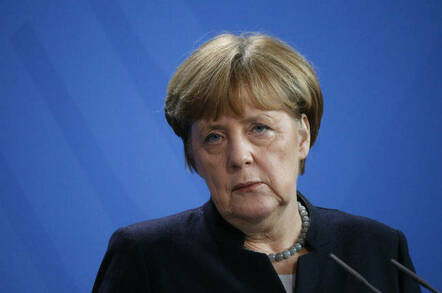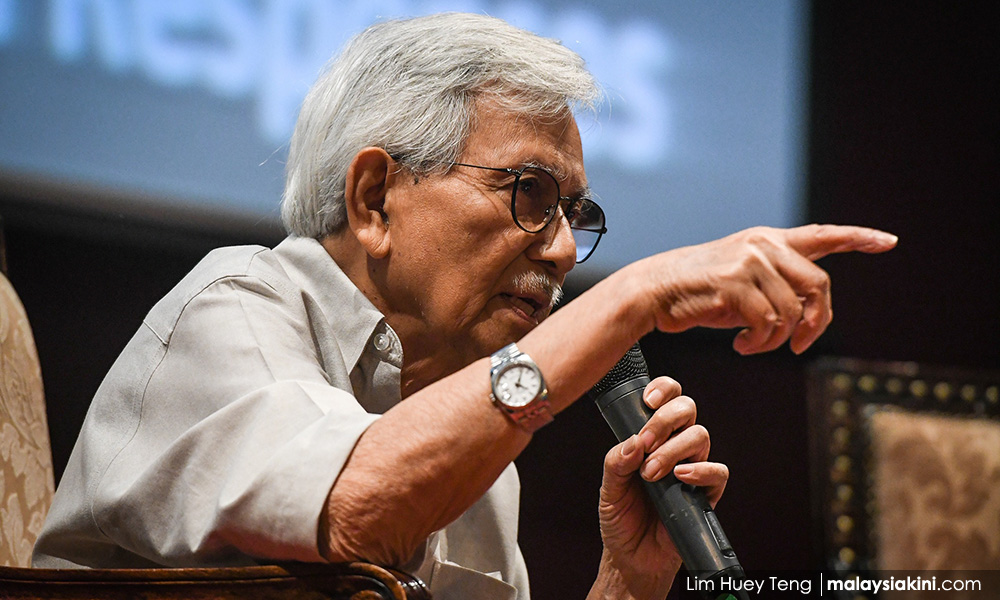Total trade between the two countries reached RM5bn in 2013, almost double that of 2012, according to the Israeli Central Bureau of Statistics, points out Ng Kee Seng of The Ant Daily.

What did national news agency Bernama report about Malaysia’s economic ties with Israel on 26 August?
The report titled “Malaysia has no economic ties with Israel – Mustapa” quoted International Trade and Industry Minister Datuk Seri Mustapa Mohamed as saying Malaysia was standing firm on its foreign policy which did not allow any diplomatic relations to be established with Israel.
Mustapa said all indirect trades between Malaysia and the region were to support the economic development (of the Palestinians) and to send humanitarian aid to the Palestinians.
“This is because Malaysian exports to Palestine and the Gaza strip had to be brought in through the port of Ashdod in Israel territory as the Gaza Port was still blocked by Israel,” he said.
Mustapa, is that so? The Times of Israel in a report titled “Malaysia favours Palestinians but buys from Israel” is saying otherwise.
The report said the lack of diplomatic relations and hostility to Israel didn’t stop several Islamic nations from (quiet) trade.
The Times of Israel reported that in the winter of 2013, Prime Minister Datuk Seri Najib Razak stepped across the Egyptian border at Rafah and made a rare visit by a head of government to Hamas-ruled Gaza.
Najib, whose country does not have diplomatic relations with Israel, had told reporters then: “We believe in the struggle of the Palestinian people. They have been suppressed and oppressed for so long.”
It was crystal clear which side he was on. Yet all that time, his country was importing more and more Israeli products, but not talking about it much, certainly not in Gaza.
Official data published by the Israeli Central Bureau of Statistics (CBS) tells of a booming, but very discreet, trade relationship that is blossoming between the two countries, despite a hawkish prime minister in Jerusalem and Najib’s Islamist and proudly pro-Palestinian government in Kuala Lumpur.
Total trade between the two countries in 2013 reached US$1.529bn (RM5bn), almost double that of 2012, according to the CBS. That figure consists mostly of Israeli exports, at US$1.457bn (RM4.7bn).
Trade continues to accelerate: between January and July this year, Israeli exports to Malaysia soared to US$884.7m (RM2.9bn), a 27 per cent jump over the same period last year.
By contrast, Malaysia’s foreign trade figures don’t carry any mention of Israel at all. In its annual data for 2012, for instance, trade with Israel is included in an entry for “Other Countries”.
A significant chunk of the trade boom can be traced to Kiryat Gat in Israel’s sandy southern plains, where global giant Intel has a plant churning out computer chips. It exports these to a second assembly plant in Malaysia. Every shipment is duly recorded in Israel’s foreign trade statistics but studiously ignored by Malaysia. Intel is a US-based company, but the Israeli government promised a five per cent co-investment in its Kiryat Gat plant that could amount to one billion shekels (RM945m).
In addition to the officially recorded movement of goods, there is a heavy current of trade flowing beneath the surface, making it hard to calculate the value.
A raft of Israeli exporters and eager buyers in Malaysia and also neighbouring Indonesia, the world’s most populous Muslim nation, are braving the political headwinds in order to do business – largely through third countries such as Singapore.
Israel’s embassy there says that most trade is done this way, and in the case of Indonesia, with the embassy’s assistance. Including deals done through a third country, the estimated value of trade between Israel and Indonesia ran as high as US$250m (RM815m) last year, 10 times the US$24.9m (RM81m) of direct trade detailed in official figures.
Israel sees commerce as a stepping stone that can lead to more co-operation with hostile states. Foreign Ministry spokesman Paul Hirschson labelled the volume of trade with Malaysia “pleasantly surprising” and that of Indonesia as “disappointingly low”.
“Israel does a lot of trade with many countries that we do not have formal diplomatic relations with and we are more than happy with this,” he said.
When asked if plans were afoot for establishing more formal dialogue, he responded: “It is no secret that we have periodically engaged in dialogue with these countries. We would like nothing more than to establish diplomatic relations and representative offices.”
Last November, Economy and Trade Minister Naftali Bennett made a visit to the Indonesian resort island of Bali, where he spoke at a World Trade Organisation summit. It was the first visit of an Israeli minister to the world’s most populous Muslim nation for 13 years. However, it is understood he did not meet with any Indonesian government representatives.
Stop the hypocrisy Mustapa! Malaysia-Israel trade ties are flourishing!
Again, why is it that Malaysian government leaders continue to find it necessary to deny it has trade relations with Israel, be it direct or indirect?
If serious, just impose sanctions on Israel? Why be a hypocrite?
So, Mustapa, what now? Deny again?
Source: theantdaily.com
https://aliran.com/web-specials/2014-web-specials/israel-exposes-malaysias-hypocrisy/











